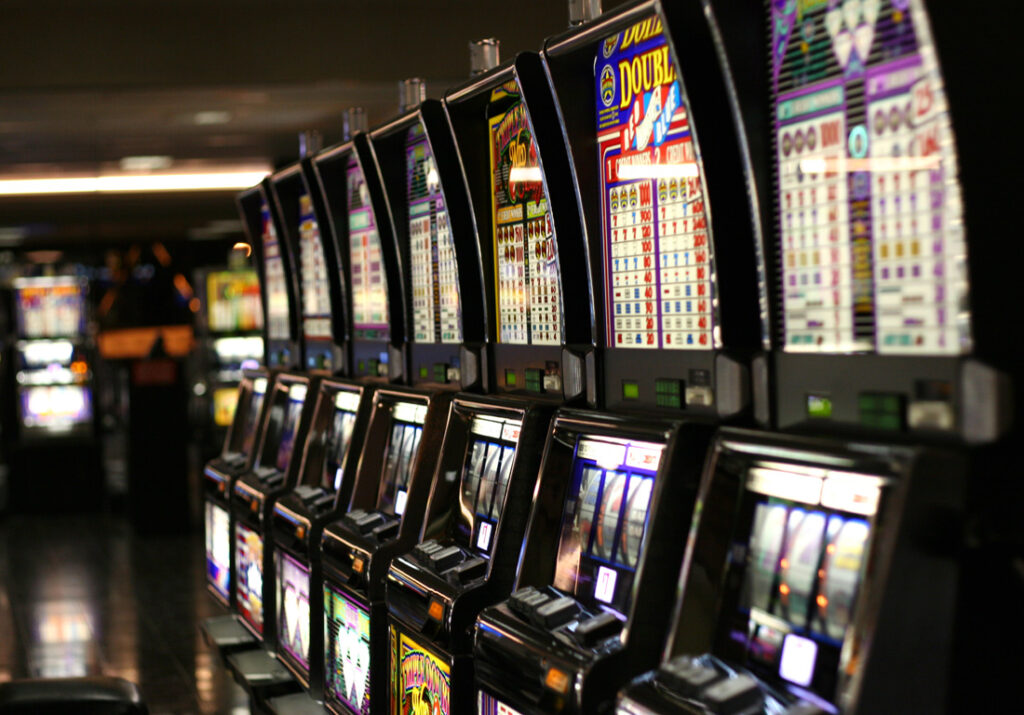Unlock Winning Moments with Every Spin on Casino Slots Online
Online casino slots have revolutionized the way players experience the thrill of gambling, offering a convenient and exciting avenue to unlock winning moments with every spin. Unlike traditional slot machines found in physical casinos, online slots bring the vibrant, fast-paced excitement right to your fingertips, accessible anytime and anywhere. The diversity of themes, game mechanics, and bonus features in online slots creates a dynamic playground where every spin can turn into a rewarding event. Modern online slots are powered by advanced random number generator RNG technology, ensuring fairness and unpredictability, which means every spin, is a fresh chance to hit winning combinations or unlock lucrative bonus rounds. One of the key attractions of online slots is the wide variety available, catering to all player preferences. Whether you enjoy classic three-reel slots with simple symbols or prefer the intricate storylines and immersive graphics of video slots, the online casino world offers it all. Many games also feature progressive jackpots, where a small percentage of each bet contributes to a massive prize pool that can be won at random, offering life-changing potential with a single spin.

This possibility creates an intense and thrilling environment where every spin holds the promise of a big win. Moreover, online casino slots provide exciting bonus features that significantly enhance the gaming experience and increase winning potential. Free spins, multipliers, wild symbols, scatter symbols, and interactive mini-games add layers of excitement and strategy to gameplay. Players can trigger free spin rounds that allow multiple spins without additional cost, often accompanied by enhanced payout opportunities. Multipliers boost winnings by multiplying the payout by a predetermined factor, sometimes doubling, tripling, or even more. Wild symbols substitute for other symbols to help complete winning combinations, while scatter symbols can unlock bonus rounds or instant payouts. These features transform each spin into a potential gateway to bigger rewards and more thrilling moments.
Online casinos are open 24/7, allowing players to spin the reels whenever they want, from the comfort of their home or on the go via mobile devices. The user-friendly interfaces and fast loading times ensure a seamless experience, while secure payment methods make depositing and withdrawing winnings quick and hassle-free. Additionally, many online casinos offer welcome bonuses and promotions tailored to slot players, giving extra value and chances to win right from the start. In summary, unlocking winning moments with every spin on starbucks88 casino slots online is an enticing reality due to the combination of game variety, fairness, innovative bonus features, and unmatched convenience. Whether you are a seasoned player or a newcomer, the online slot universe invites you to try your luck and skill in a vibrant, rewarding environment. Each spin holds the potential to transform a regular moment into a thrilling win, making online slots a favorite choice for entertainment and winning excitement worldwide. So why wait? Dive into the world of online slots and let every spin bring you closer to unlocking your next winning moment.








